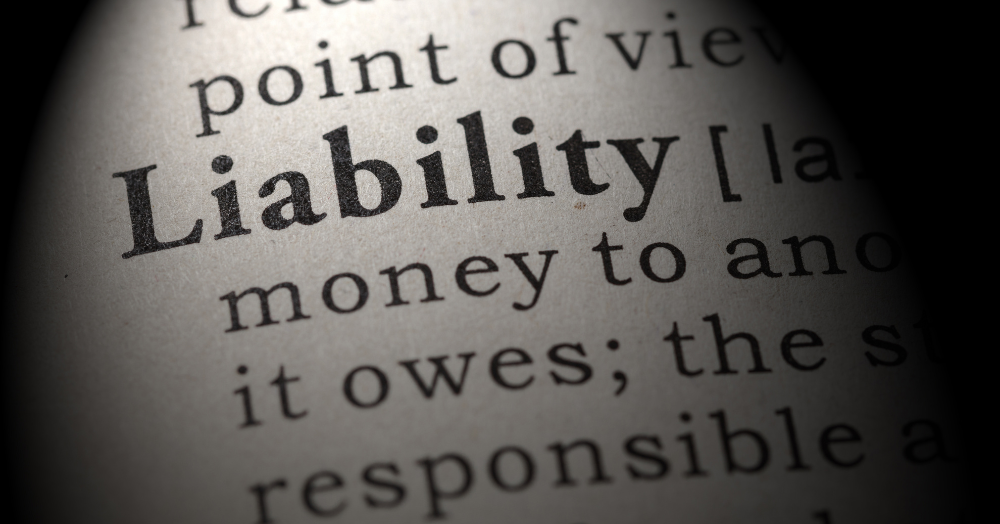Whether you are buying or renting a property, there will be contracts and legal paperwork for you to sign. Some of the terms in legal documentation can be confusing. Still, you must understand what you are agreeing to, as the contract will be legally binding, which could have repercussions for you later.
Whether you are buying or renting a property, there will be contracts and legal paperwork for you to sign. Some of the terms in legal documentation can be confusing. Still, you must understand what you are agreeing to, as the contract will be legally binding, which could have repercussions for you later.
One of the main terms in legal documents that baffle people is the phrase ‘jointly and severally liable”. According to Investopedia, Joint and several liabilities is a legal term for a responsibility shared by two or more parties. A wronged party may sue any or all of them and collect the total damages awarded by a court from any or all of them.
If you enter into the contract as a sole individual, then this will not really concern you. This is because you are liable for the terms in the agreement, whichever way you look at it, as you are the only party signing.
But, if you enter into a contract with another person, this terminology will become very important.
When entering a contract, the parties need to understand the terms and the repercussions in case of a breach of those terms.
So, as an example, if you were signing a tenancy agreement, what would happen if you didn’t pay the agreed rent. Your landlord would seek the unpaid rent arrears from the named tenants. Using the term jointly and severally liable means the landlord would aim to retrieve the outstanding rent from either of the named tenants. The landlord could claim the total amount from both parties or one of them. This is instead of allocating equal proportions of the unpaid amount to each named tenant.
This could mean that, if you rent with another person, you could be liable for the entire amount of unpaid rent, rather than just your half. You can see why it is an important phrase to understand!
The same phrase applies to mortgages: You can be named on a mortgage and be responsible for the total amount, even if you have a counterpart.
In layman’s terms, you are responsible for the amount owed jointly, so in equal measure and severally, meaning the total amount individually.
If you are unsure of any of the terms in your contracts, always double-check before you sign. And if you have any questions at all, we are always happy to help.

